10 Cool Things You Can Do With Cloud Storage
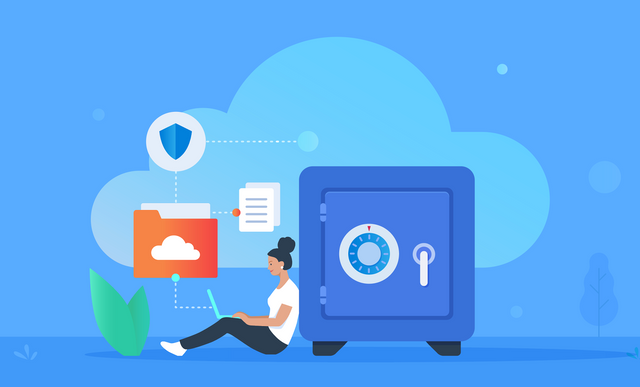
Regardless of what the name suggests, there is more to file storage than cloud storage. You can do many things with this fun feature.

Today, cloud services have evolved to provide many other functions. In this article, we highlight 10 of these services that you will undoubtedly find useful if you are a user of cloud storage.
Cloud storage offers more than just file storage!
- Create and share photo albums
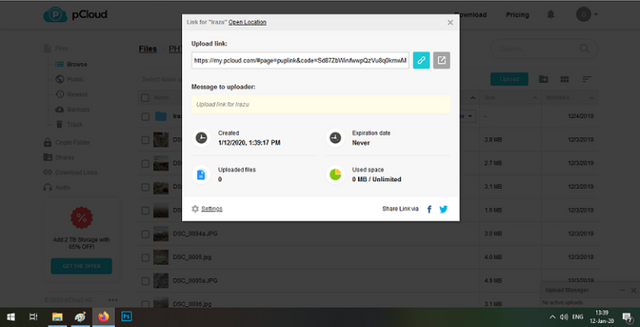
Gone are the days of printed photos, and now you can take hundreds of digital photos without any problem. However, if anything happens to your devices, it could mean losing all those photos. Here comes the role of storing them in the cloud to solve that problem.
Although all cloud storage services let you create photo albums, some do it better than others.
For example, pCloud is considered the best for storing and creating photo albums according to experts.
All you have to do is upload your photos, then divide them into folders that correspond to your albums. Then you can share the folders with others.
- Download and encrypt your sensitive data
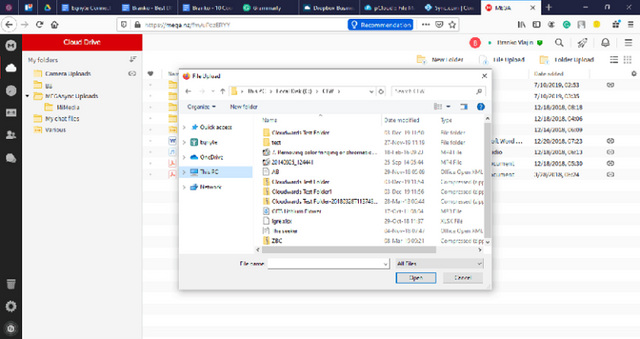
Although cloud storage is becoming popular these days, many users are hesitant to upload their sensitive data in the cloud.
Many cloud storage services understand this, and aim to provide the best cloud security measures.
Chief among these is zero-knowledge encryption, which is another name for end-to-end private encryption.
End-to-end encryption is meant to obfuscate files before they leave your computer, not when they reach the cloud storage server.
Most cloud storage services provide this encryption. Private encryption makes sure that you're the only one with the key to see the data, and normally obfuscates your files so no one else can read them.
- Store passwords in the cloud
To avoid losing your passwords, you can store them in the cloud using a password manager. Some of the most popular password managers on the market — Dashlane, LastPass, 1Password — offer slightly different features, so be sure to choose the one that matches your requirements.
Before storing passwords in the cloud, be sure to create a strong password. There is no point in storing your password if it is so weak that even simple brute force attacks can crack it.
- Take notes and store them in the cloud
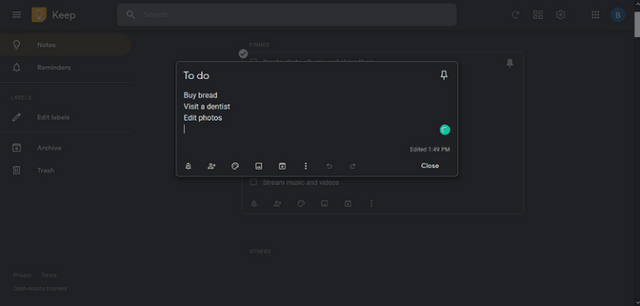
It has become more common today to take notes via dedicated apps and software instead of paper.
You don't have to worry about your notes anymore in case your computer crashes, because you can store them on the cloud.
Many blogging tools provide you with cloud storage, Google Keep and Evernote being the most popular options.
Google Keep is best for creating lists and capturing ideas, and Evernote is perfect for in-depth research and filing.
- Manage documents via cloud storage
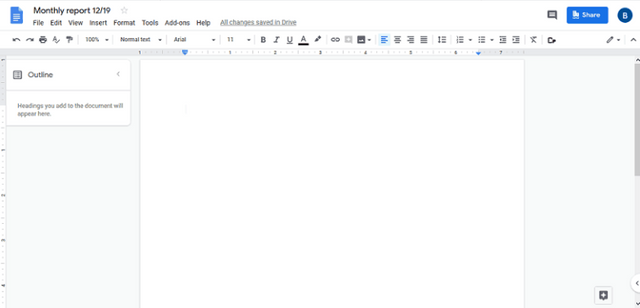
If you work with documents, your needs may be higher than just taking notes. Fortunately, this is where Google's excellent G Suite comes into play.
G Suite includes Google Docs, Sheets, and Slides, which allow you to work with Docs, Sheets, and Slides, respectively.
Not surprisingly, G Suite integrates with Google Drive, making it easy to create documents located within the Google Cloud Platform.
After you create your document with Drive, you can invite others to work on it in real time.
All apps from G Suite feature add-ons - most of them are free - that help you do more with more options.
Plus, you can use your smartphone or other devices connected to Google Drive to work on your documents on the go and stay productive.
- Share content via cloud storage
Sharing content is a huge part of using a cloud storage service because it enables collaboration and helps you avoid using unwanted methods — such as flash drives and email attachments — to transfer files.
Most of the services on the market allow you to share files, but they differ in how well they do this.
This is shown in the way the Services enable you to protect and manage your posts.
You can share your files by creating links, but sharing folders usually requires you to invite users and grant them access permissions.
After you share your content, you may be able to protect it by adding a password, setting an expiration date, marking it as "view only" or even encrypting it.
- Use third-party applications to enhance your cooperation
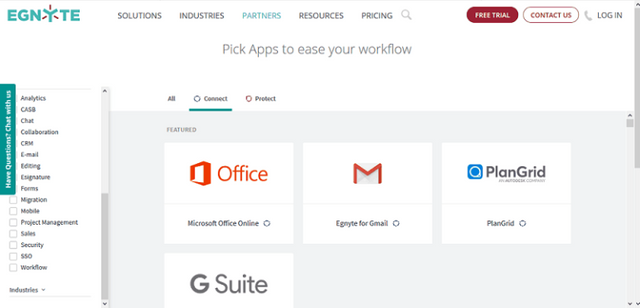
Cloud storage services integrate with many applications that can improve your communication with your work team or colleagues.
Although most cloud storage services integrate with a document management service and some other applications, enterprise file sync and sharing services — or “EFSS” for short — usually have a large library of third-party integrations that you can choose from.
Apps like Trello, Zoho, OneLogin, and others are essential options with many EFSS services.
On the other hand, if you want to edit photos, some integrations help you do that as well.
- Cloud storage for music and videos

If you have a huge library of music and movies, you will benefit from storing them in the cloud as it will allow you to enjoy them wherever you are.
Depending on the size of your library, you may need a subscription plan that offers plenty of storage space.
Services also differ in how they handle uploading large files, file size limits and how well they play content from the cloud.
- Free up extra space on your hard drive
Storing files from the cloud on your computer can quickly take up hard drive space. To avoid this, you can use the network drive option available with some cloud storage services, or choose to selectively sync only the files you need.
By default, the network drive option does not store files on your computer. Instead, it just displays them in the network drive folder and streams them to your computer on demand.
This means that your files are only available to you if you are online.
If you want to make your files available offline, you can use folder sync and rely on selective sync to reduce the impact on your hard drive.
- Create your own cloud with Nextcloud
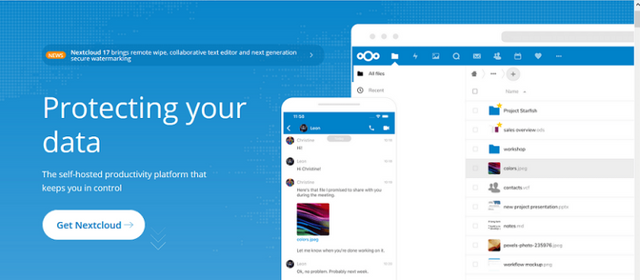
Nextcloud is a software solution that helps you set up and maintain your cloud storage server.
Such software solutions are known as “DIY cloud storage solutions”. They help you create your own cloud by providing an easier way to set up your server and install client software on your devices.
Nextcloud has an Enterprise edition that can accommodate 50 to 10 million users. If you don't need to, you can subscribe to Nextcloud Standard or use the open source version, which is free.
Nextcloud enables you to share content, provides strong security, and has a library of 162 apps that you can integrate with.